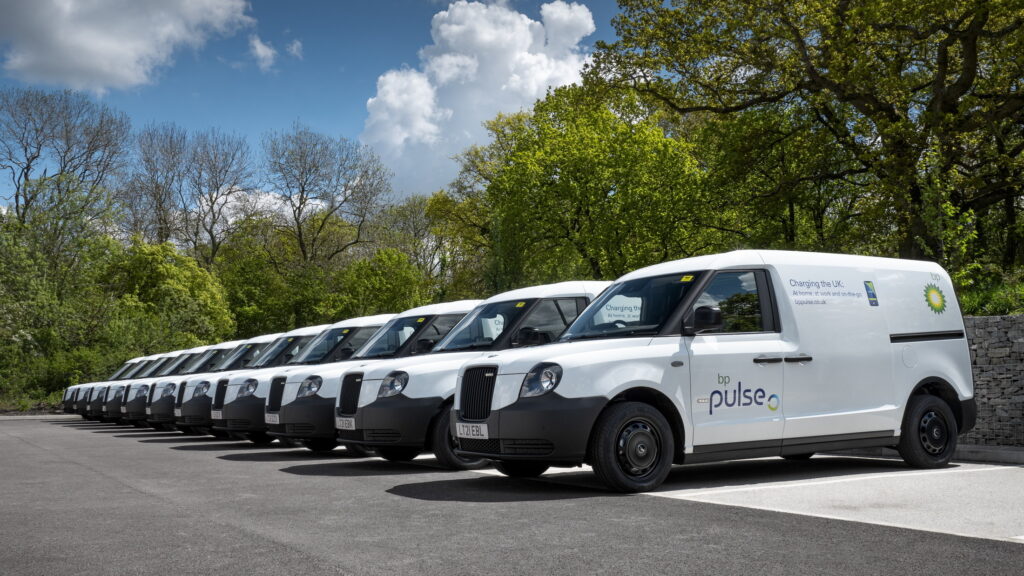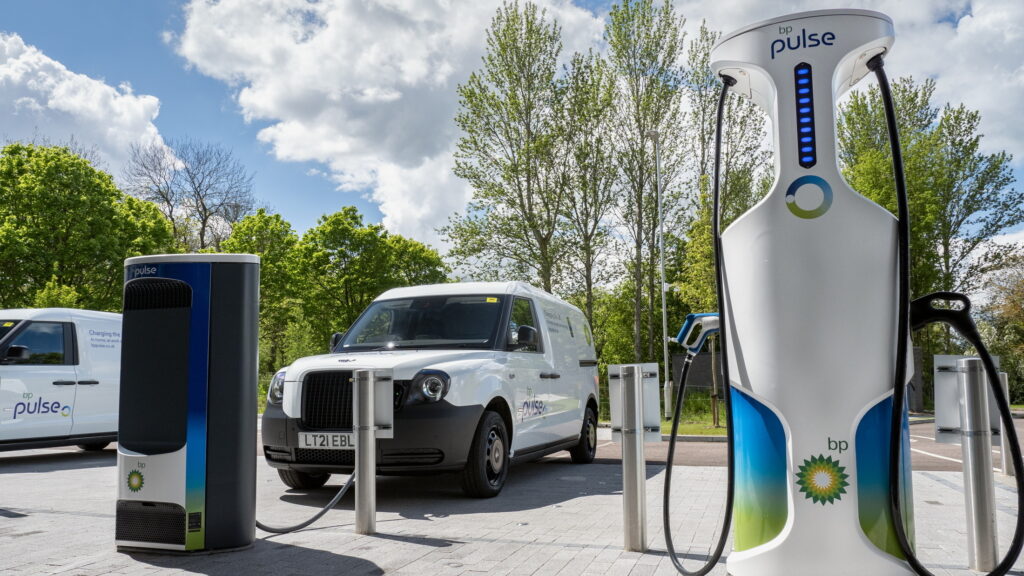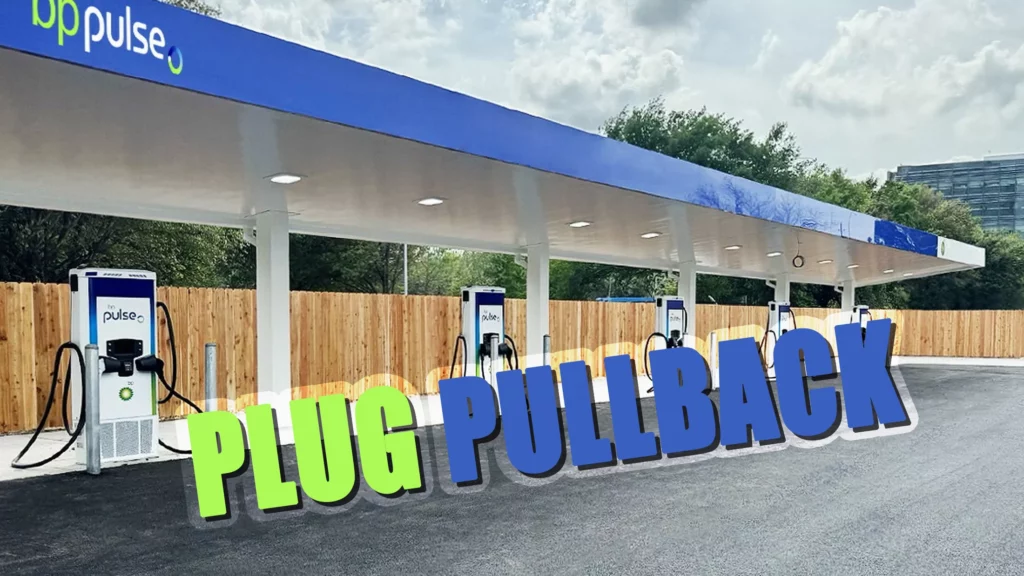- BP Pulse’s workforce is shrinking, and it’s shifting its focus from 12 international markets, to just four.
- Despite that, it says that its EV charging ambitions are unchanged, but is now being more efficient.
- The division will shift focus away from fleet and home charging towards fast charging hubs.
BP Pulse, the division of the British multinational oil and gas company working on charging stations for electric vehicles, has cut more than 10 percent of its staff and decided to reduce the number of countries it operates in from 12 to just four.
The company maintains that its “EV ambitions have not changed,” but said that it is taking these steps in order to ensure that it can execute its ambitions with “even greater precision and effectiveness.”
Read: Oil Giant BP Is Getting Serious About EV Charging
Over 100 of the 900 positions at BP Pulse were axed in recent months, amounting to more than 10 percent of its global workforce, reports Reuters. However, most of the people who filled those roles have been moved to other divisions within the company, and only a handful of employees will be leaving the company entirely.
In addition, BP Pulse will work to develop its business in only the markets in which it expects the fastest EV growth. These include Britain, China, Germany, and the United States, though Australia, France, and New Zealand have been identified as potential growth countries.
BP Pulse has also stepped back from several big bets it made when BP’s energy transition strategy was announced in 2020 under former CEO, Bernard Looney. At the time, the company expected commercial fleets to be the first to switch to electric vehicles, and moved to provide them with charging solutions.

However, since then, recessionary pressure encouraged governments to ease restrictions on fleet companies, meaning that the transition is slower than the company expected. BP may also shut down its home charging business, as it focuses on fast-charging hubs for the public.
Not only can it sell electricity to drivers from these stations, but it can also sell them snacks and other goods from its convenience stores. It expects these hubs to generate $1.5 billion in earnings by 2025, and to offer more than 15 percent in returns
In 2023, BP reported that it had more than 29,000 charging points globally, up from 22,000 a year earlier. It aims to have 100,000 charging points up by and running by 2030.





